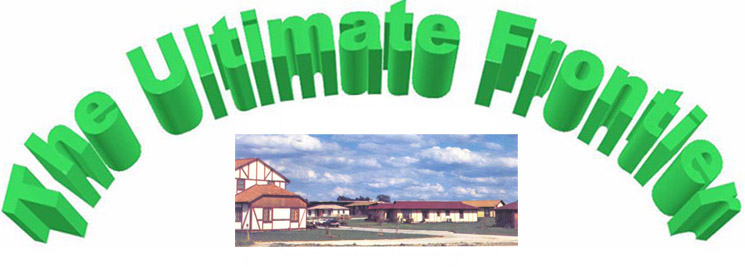|
|
||
|
|
Education in the New Age In
opening the discussion at the November Circle Seminar, it was
pointed out that there has been much discussion of education for
the New Age, particularly relative to The Stelle Elementary School. But what will education in the New Age strive for? Student Independence
Limited It
was commented that in public schools today the
student has limited freedom to make decisions and choices, and original
thought is generally not encouraged. Because the curriculums are rigid, the
alert student becomes bored and the slow student cannot keep up. In addition,
today’s teacher must deal with large numbers of students in a situation which virtually precludes individual
student-teacher relationships. Communications
media pour forth a constant stream of negativity as they document world
events and characterize human values. Even children’s toys and games seem
predominantly oriented to war, death, the occult, etc. This produces an
excessively stimulating environment filled with data and information but
lacking in positive direction. Education in the New Age should serve as the
means to encourage original thinking and decision making,
and the student should work independently at his own pace. Each Child Has Personal
Worth Today’s
system often fails to teach the child that he has personal worth. It was pointed out that a youngster must first learn that he
has worth; he must feel needed in his own group. A child must
be taught that he has creative ability. This can be guided and
developed by providing access to resources which can
stimulate him mentally and physically by providing the materials and
tools for him to exploit his talents. Time should be allowed
for the student to show signs of self-directedness. Parents and teachers
should work together to inculcate the Great Virtues and the Lemurian way of
life to demonstrate the purpose of self-directedness. Competition Is Part of
the System Competition
in education was also discussed. It was brought out that teachers vary in their thoughts and
feelings about grades. Some teachers would like to eliminate them, but most
parents want a visible record of their child’s activities and progress. Grades have become a tradition and probably remain with us, in
part, due to inertia—the lack of desire for change. The problems
inherent in the grading system begin with the parents and are
followed through by the teachers. Sometimes grades are
used by the teacher as a reward to stimulate a child to greater
achievement or as punishment for behavior or poor academic performance. In
primitive societies, the child is part of the family whole. Almost from birth there is an accepted place for each individual
within the social order and a role defined for that place. Thus the child, as
a member of the family unit, is part of a noncompetitive “in” group.
Competition as such is not met until he is out in
the world. But in a modern industrial society such
as ours, there is often competition in the home even before the child goes to
school. A child may be set as an example or given an
example to emulate. Often there is competition with siblings for
parental love. Pressures of sibling rivalry or family strife (parents’
marital, economic, etc., problems), or both, tend to influence the child’s
ability to learn. Divided between home conflicts and learning problems, his
attention wanders and his ability to absorb information, let alone assimilate
it as knowledge, is inhibited. The family unit is a common denominator, and
the home background defines person’s ability to learn and to adapt to
situations. A sound, stable home is a prerequisite for the student’s
effective adaptation to the school situation. Self-Discipline Is
Essential Discussion
then turned to the subject of discipline. It was agreed that discipline
should not be by punishment and reward as with animals—and
that discipline should begin in the home. Some discipline is necessary in
school, but this should be primarily to teach the child not to interfere with
others who are doing something else. By learning to control his impulse to
interrupt another’s concentration, the child begins to acquire self-discipline.
Self-discipline ultimately precludes the need for outside control, thus
leaving the teacher free to teach rather than having to serve as an arbiter
or disciplinarian. The Teacher’s Role The
role of the teacher was also discussed. In the
present system, particularly at the college level, professors become caught
up in the publish-or-perish rat-race to the extent
that they are sometimes ineffective as teachers. Campus activities and
writing limit the time they can devote to teaching and working with
individual students. Teaching at all levels is a full-time proposition. In
Stelle, all adults will actually be involved in teaching by providing
guidelines for the children through example. The main duty of teachers will
be teaching. Any additional functions, such as counseling, sponsoring student
activities, etc., will necessarily be secondary. The suggestion was made that
the teacher should periodically modify and review his ideas and their
presentation. To be of most value to the student, he must keep up-to-date in
his field. Students
can and may know more than the teacher. Being an
absolute authority is not a desirable trait in a teacher, since “authorities”
tend to inhibit learning by squelching the questioning of the student. In
Stelle, it will be the adults’ responsibility to provide the fundamentals
essential for the child’s self-development. In this way, each succeeding
generation can exceed its parental generation in knowledge and ability, thus
furthering their own Egoic advancement. |
|
|
|
|
|
